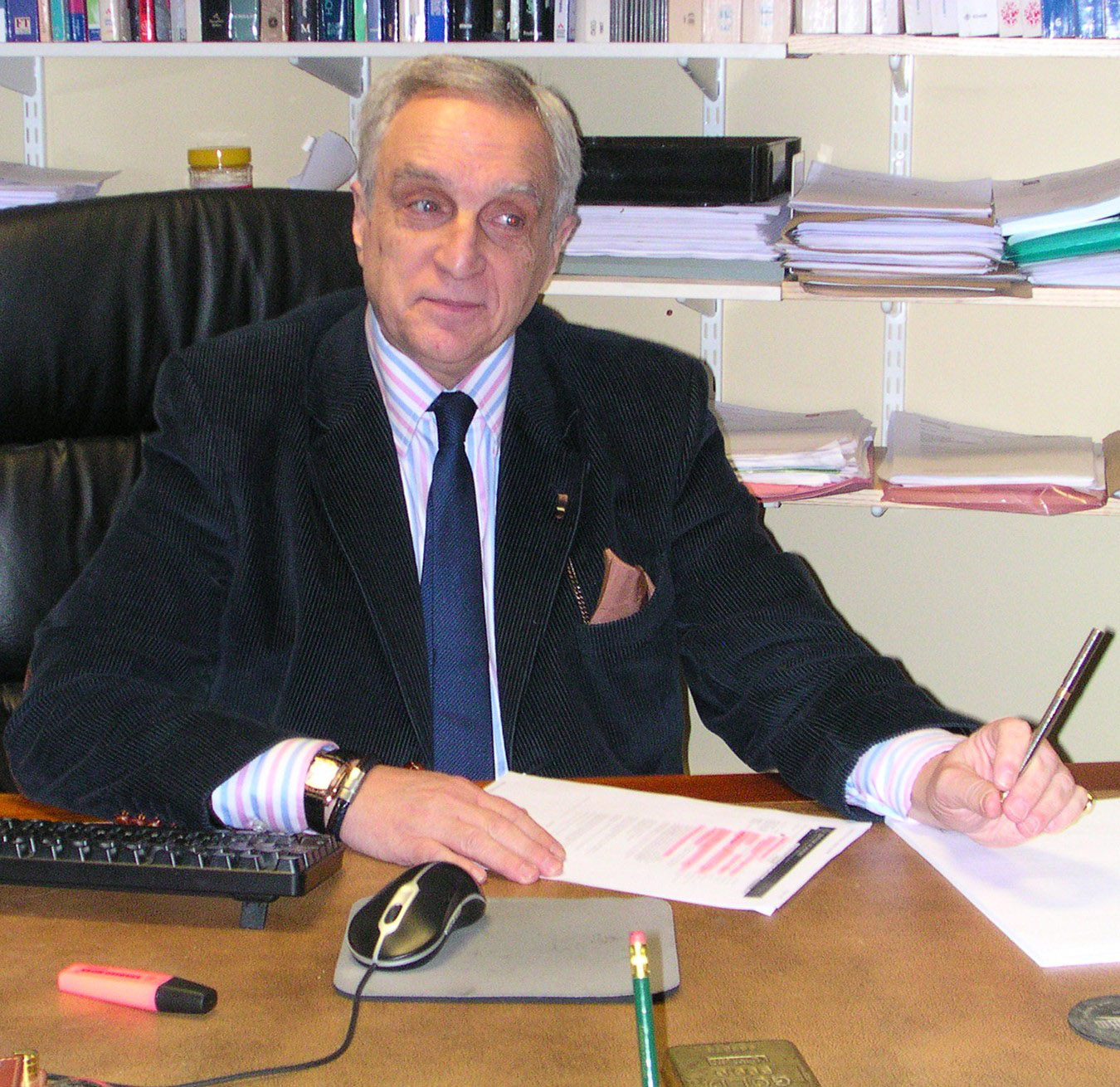Keynote Speaker

Prof. Luiz Moutinho (BA, MA, PhD, MAE, FCIM)
University of Suffolk, UKSpeech Title: Futurist DIGINNO (Digital Innovation)
Abstract: This presentation rests upon the dissection of four major pillars which are intertwined- Innovation, Digital Transformation, Big Data and Management. The talk starts be addressing the Global Innovation Economy by giving some key examples of innovation developments like, the Web3, Quantum Internet, Additive Manufacturing, ABCD Technologies, Data Web 1.0 and Virtual Ecologies. The coverage of digital transformation will include issues like, Digital Layers, Digital Reading Brain, Digital Biology and Augmented Intelligence. Finally, within the realm of future management vision , certain key concepts will be dissected like, Next-Shoring, Fractal Business Model, Holacracy and Business Colonies.
Biography: Professor Luiz Moutinho (BA, MA, PhD, MAE, FCIM) is Visiting Professor of Marketing at Suffolk Business School, Faculty of Arts, Business and Applied Social Science, Univ. of Suffolk, Ipswich, England, UK, and at The Marketing School, Portugal, and Adjunct Professor of Marketing, GSB, FBE, University of the South Pacific, Suva, Fiji.
In 2020 he was elected as the member of The Academia Europaea. In 2017 he received a degree of Prof. Honoris Causa from the Univ. of Tourism and Management Skopje, North Macedonia.
During 2015 - 2017 he was professor of Bio-Marketing and Futures Research at the DCU Business School, Dublin City University, Ireland. This was the first Chair in the world on both domains – Bio-Marketing and Futures Research. Previously, and for 20 years, he had been appointed as the Foundation Chair of Marketing at the Adam Smith Business School, University of Glasgow, Scotland.
He completed his PhD at the University of Sheffield in 1982. He has been a Full Professor for 32 years and held posts at Cardiff Business School, University of Wales College of Cardiff, Cleveland State University, Ohio, USA, Northern Arizona University, USA and California State University, USA. He has held Visiting Professorship positions at numerous universities in China, Lithuania, Austria, New Zealand, Denmark, Slovenia, Portugal, Hungary, Brazil, Colombia, Fiji and Cyprus.
Between 1987 and 1989 he was the director of the Doctoral Programmes at the Confederation of Scottish Business Schools and at the Cardiff Business School between 1993 and 1996. He was director of the Doctoral Programme in Management at the University of Glasgow between 1996 and 2004.
Professor Moutinho is the Founding Editor-in-Chief of the Journal of Modelling in Management (JM2) and Co-editor-in-Chief of the Innovative Marketing Journal. He has another 4 associate editorships as well as being in the editorial boards of another 47 international academic journals.
His areas of research interest encompass marketing and management futurecast, artificial intelligence, biometrics and neuroscience in marketing, futures research algorithmic self, EmoWear - a wearable tech device that detects human emotions, evolutionary algorithms, human-computer interaction, the use of artificial neural networks in marketing, modelling processes of consumer behaviour and tourism futurecast.
He has developed a number of conceptual models over the years in areas such as tourism destination decision processes, automated banking, supermarket patronage, among other areas. The testing of these research models has been based on the application of many different statistical, computer and mathematical modelling techniques ranging from multidimensional scaling, multinomial logit generalised linear models (GLMs) and linear structural relations to neural networks, ordered probit, simulated annealing, tabu search, genetic algorithms, memetic algorithms and fuzzy logic.
Prof. Moutinho has given keynote speeches, lectures, seminars, talks, etc. in 46 countries and districts worldwide.
Prof. Moutinho has 36 books published, over 158 articles published in refereed academic journals. He has 14,731 academic citations, the h-index of 58 and the i10-index of 151 (Google Scholar, Sept. 5th, 2022).